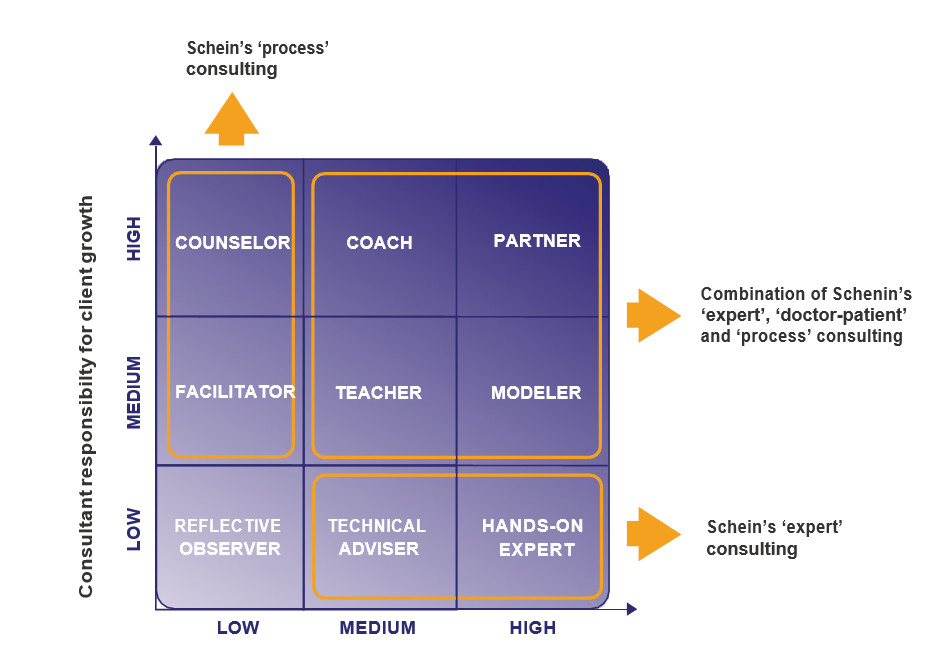
There are many different issues surrounding the collection and management of data by companies. We will be discussing the various issues that companies face when collecting and managing data. We'll also look at the data collection methods used by companies. In addition, we'll explore some of the issues involving government-funded data collection and how consumers can protect their privacy. Here are some examples of data collection or management issues.
Methods of collecting data
There are many methods of collecting data for a company. Surveys, interviews, forms, and other methods are all possible. Electronic means, such as databases or data management platforms, are also possible. Data collection is only part of the process. You must also analyze the data. First-party data has a higher value than third-party, because it comes from an organisation or source they trust.

Companies should consider collecting data as a strategy. This can help them make more informed decisions. Companies can make better decisions about their products, business processes, and services if they have access to more relevant and quality data. This information can be used to improve many aspects of your business, including sales, marketing, customer service, product development, and customer service.
Data collection issues
As big data continues to become a mainstream practice, concerns over its use and privacy have risen. Privacy advocates fear big data companies might abuse it. The U.S. Department of Justice currently investigates the data collection practices of Google, Facebook and other companies. The majority of companies collecting data believe that it will be beneficial in the long-term. Scott Shipman from Sensity Systems was the general counsel. MeMe Jacobs, Adobe Systems privacy officer, addressed ethical questions regarding data collection.
Data collection can be complicated. One reason is that companies may have several departments that collect data from customers. These departments may collect the same information as customers, or the wrong information. Moreover, companies may collect too much data, which can lead to security issues and confusion over how it will be used.
Data management by the government
A key step in improving the effectiveness and efficiency of government services is to manage the data that has been collected. The government can use data for many purposes including security and climate monitoring. Government data can make a difference in the quality of democracy, citizen services, and innovation if it is collected correctly. The federal government has established guidelines for the management of government information.

Government agencies can collect and analyze government data in order to improve operations, deliver better service to citizens, encourage innovation, and foster civic democracy. But agencies can easily become overwhelmed with data without the proper tools and virtualization strategies. The best data management allows government staff to concentrate on more important tasks.
FAQ
Why would a company pay a consultant?
Consultants offer expert advice to help improve your business' performance. Consultants are not there to help you sell products.
A consultant assists companies in making better decisions by offering sound analysis as well as suggestions for improvement.
Consultants often work closely alongside senior management teams to help understand what they need to succeed.
They also offer leadership training and coaching to ensure that employees are able to perform at their best.
They could advise businesses about reducing costs, streamlining processes and increasing efficiency.
Do I require legal advice?
Yes! Consultants often create contracts with clients without getting legal advice. This can lead into problems down-the-road. What happens if a client terminates the agreement after the consultant's completion deadline? What happens if the consultant doesn’t meet the deadlines specified in the contract.
To avoid any problems, it's best that you consult a lawyer.
What are the different types of jobs available for consultants?
Consulting requires an in-depth understanding of operations and business strategy. Understanding how businesses work and their place in society is also essential.
A career as a consultant requires you have great communication skills and a strong ability to think critically.
Because consultants may be required to perform different tasks at different times, they must be flexible. They should be flexible enough to change direction quickly if needed.
They should be prepared to travel extensively in support of their clients. This type work can take them anywhere in the world.
They also need to be able to handle pressure and stress well. Consultants may sometimes be required to meet tight deadlines.
Consultants may work long hours. You might not always be paid overtime.
What is the difference in a consultant and advisor?
A consultant provides advice on a topic. Consultants offer solutions to problems.
To help clients achieve their goals, a consultant works directly with them. An advisor advises clients indirectly through books, magazines, lectures, seminars, etc.
Statistics
- "From there, I told them my rates were going up 25%, this is the new hourly rate, and every single one of them said 'done, fine.' (nerdwallet.com)
- 67% of consultants start their consulting businesses after quitting their jobs, while 33% start while they're still at their jobs. (consultingsuccess.com)
- WHY choose me: Why your ideal client should choose you (ex: 10 years of experience and 6-week program has helped over 20 clients boost their sales by an average of 33% in 6 months). (consultingsuccess.com)
- So, if you help your clients increase their sales by 33%, then use a word like “revolution” instead of “increase.” (consultingsuccess.com)
- Over 62% of consultants were dissatisfied with their former jobs before starting their consulting business. (consultingsuccess.com)
External Links
How To
How can I find a good consultant for my business?
The first step in finding a good consultant is understanding what you want from your consultant. What do you need them to do for your website? You want them to optimize the site for search engines to make it rank higher. You might also want someone to help you determine if your hosting provider is in trouble. When you are clear about the services you require, you can start to look at other companies. Many consultants claim that they can offer these services. But only a small percentage of them are able to deliver. How do you select the right consultant for your project? Here are some considerations when choosing a consultant.
-
Refer to others. This is probably one of the best ways to find a consultant. It's not a good idea to hire someone you haven't heard of, as you will likely end up paying too much. You don't want to work alongside someone whose reputation hasn't been established. If you have the good fortune to get referrals from trusted people, great! You might also be able to find reviews online even if there are no referrals. Find testimonials and case study examples from customers who have used your product.
-
Ask around. Many people are not aware of the benefits of hiring a consultant. They believe that because they're doing well, they don’t need to make any changes. This is often not true. Even if your results are great, there's a good chance that you haven’t kept up with the latest trends and technologies. If you continue to rely on outdated methods, your business will be unable to grow. It's always worth asking around to see if anyone knows of a good consultant.
-
Make sure to verify their qualifications. You don't need to worry about whether they are building a website or an eCommerce store worth millions. You need to ensure that the person you hire is qualified to do the job and has sufficient knowledge in the subject.
-
Find out about the types of projects they specialize. This is false. Certain areas may require special training or education. You won't hire a Drupal developer if you need to build a WordPress template. It is the same for programming languages, graphic design, and so on. Ask them what types of projects they are most familiar with.
-
Be aware of their fees. As we stated, you don’t want to pay too little for a consultant. You also don’t want to spend too little. Consultants come from all walks of life. There are some that charge an hourly fee, while others may bill per job. This will help you save money in the long-term.
-
Find out what they offer. Are they providing free consultations? Do they offer advice on setting up your system? Are they able to guarantee that your site will rank better after working with you? You can cancel your consultation at any time without penalty if you are not satisfied with what you heard.
-
Finally, find out if they offer discounts for multiple months or years. Many consultants offer discounted pricing for extended time periods. You may not need to commit to a full year, but you may also take advantage of whatever deals they offer.